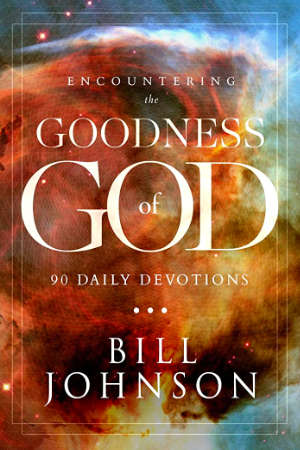
What about the Heathen? | Sermon By Dr. W. A. Criswell
Romans 10:20
Isaiah is bold, and saith, I was found of them that sought Me not; I was made manifest unto them that asked not after Me. (Rom. 10:20 AT)
What of the heathen, the pagan, those who have never heard the name of Jesus? Are the heathen saved? How does God deal with them?
First: it is impossible for God to be unjust.
As Abraham pleads for Lot before the Lord God he says, “Would You destroy the righteous with the unrighteous? Will not the Judge of all the earth do right?” (Gen. 18:25 AT). It is impossible for God to be unjust.
The second avowal: Christ died for the sins of the whole world. There is no member of the human family for whom Christ did not die (2 Cor. 5:15, 19; 1 Tim. 2:6).
Just as there is a universal lostness and condemnation in sin, there is universal redemption and salvation and atoning grace in Jesus Christ (Rom. 3:23; 5:12; 6:23).
Number three: it is God’s will that none should perish, but that all should be saved, the whole human race (Ezek. 33:11; 2 Peter 3:9).
The whole human race, every living soul, is dear and precious in the sight of God, and Christ died that all might be saved.
Number four: if anyone is lost, or if anyone is saved, the lostness or savedness depends upon choice, volition. We are free to choose the one or the other.
The means of our salvation are ever before us; they are ever at hand (John 7:17; Acts 17:26–28; Rom. 10:8). That’s all mankind; it applies to all humanity, all of them.
Number five: the revelation of God is universal (Titus 2:11 KJV). Regardless of geography, “the grace of God that bringeth salvation hath appeared to all men.” The revelation of God is universal, and condemnation or salvation lies in our response to that universal revelation of God (John 3:36).
It is in all creation and to every heart; it is to all the races, it is to the entirety of mankind (Ps. 19:1–4).
In philosophy and theology there are five categories under which the universal revelation of God to all mankind is classified:
The cosmological argument: from the Greek word cosmos, “the world.” There has to be a cause adequate to account for the universe.
If there is a cause, there will be an effect; if there is an effect, it is because there is a cause. In this universe we have to seek an ultimate cause. It leads us to God.
The teleological argument: from teleos, which is the Greek word for the great completeness and the finality of things. There is evidence of purpose and design in the universe. It argues for the existence of God.
The anthropological argument: from anthropos, which is the word for man. The spiritual nature of man, where did it come from? Could materialism or blind evolution have produced it? Being spiritually conditioned, through history there is belief in God in every time and every culture.
The ontological argument: from ontos, which is the present participle of the Greek word “to be,” eimi. The idea of perfection argues for a necessary existence of such: you’ve got that in your mind, in your head, in your heart, the idea of perfection. Where does it come from if there is no perfect thing?
The moral argument: it is a part of our very being, so there is a God who is moral and personal. The difference between us and the ape, or us and the chimpanzee, or us and the anthropoids, the difference between us is the difference between heaven and earth—a moral sense. That’s God. That’s a part of the universal revelation of the Lord in us, in all mankind.
Now why are the lost lost, and why are the heathen heathen? Is it because there is no revelation of God to them? No. It is because there is no desire to know God in their lives (Rom. 1:19–25). Scripture says the whole world is conscious of God.
All of us are accountable to God alike; whether the heathen in America or the heathen in Africa, and if we turn, and appeal, and seek, and confess, God will be merciful.
It is obligatory when I reach the age of accountability to seek the face of God.
A concluding word: it’s up to God—who is saved and who responds. God will not allow the atoning death of Christ to go without a recompense and a reward. There will be souls that God has chosen, trophies of grace to give to the Lord Jesus.
My part is to deliver the message, to preach the gospel; God’s part is to reveal Himself to those who see and hear. The rest is in His gracious hands.






